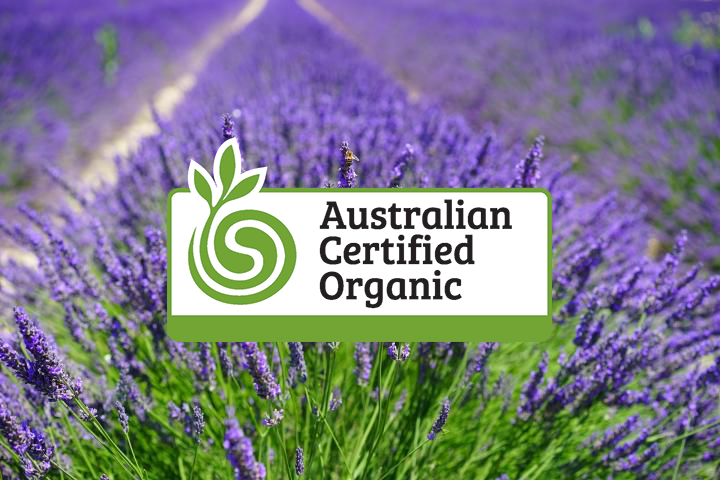
What is Organic Skin Care?
The Certified Organic logo not just the word organic on the label or logo brand is a good start.
While in the past we buy cosmetics indiscriminately, there’s now. a lot of fuss about the harmful effects of some ingredients present in cosmetics. With the growing number of skin problems due to some make-up, many researchers today focus on how the chemical content of cosmetics reacts with our skin. The good news is: The rise of organic cosmetics and other related products (e.g., soaps, lotion and creams) have given the public a good alternative – beauty items that are organically-made and safe to replace those chemical-based types.
Organic Skin Care: In a Gist
So what exactly is “organic” skin care?
In simplest terms, if a product is ‘ certified organic,’ it means it is made only of plants and other natural raw materials (e.g., leaves, tree bark, roots). To be considered organic, raw materials should also be grown naturally without adding in pesticides and synthetic chemicals in the process of growing or gathering them. Besides, raw resources should not undergo too much chemical processing, including irradiation and compounding.
However, as normal users like us don’t know well how these products are sourced and made, the best way for us to tell if we’re using the right types is to check the label. We also have to remember that when the label says it is ‘organic’, it’s always safer to check the fine print.
As per international standards, the following are the three main labels we should look into:
100% Organic - Usually awarded to items that have undergone and passed third part testing, products with this label contain naturally sourced ingredients (excluding salt and water).
Made with Organic Raw Materials - Products bearing this tag are those made of at least 70% natural ingredients (excluding salt and water). Manufacturer’s can include up to three organic additives in their main ingredients list. For example, a maker of body soap and lotion can say in the label that the product is made of “organic chamomile, rosemary and lavender” or simply “made of organic flowers.
Certified Organic - Cosmetics with a ‘Certified Organic’ label means it contain 95% organically sourced raw materials (not including salt and water). The other 5% of its content should be one of those listed in the National List of products that are non-agriculturally made and are not available on the market In organic form.
One important thing to remember is the fact that an organic irritant is still an organic irritant, and this may be because of your skin type. So make sure to know what suits your skin best before shopping.
Whatever brand of cosmetics you’re buying, make sure to look for the certifying body’s name, ACO is a good start. This is to ensure your products have been tested and were able to pass clinical standards.
Perks of Using Organic Products
Now you may be wondering just why it makes sense to buy organic skin care? Why are these types of cosmetic items worth the money? Simple. Organic products are SAFE and CLEAN, knowing these are made of naturally produced ingredients, besides these haven’t undergone too much chemical processing. This means there’s still nutrients in the ingredients that will be absorbed by your skin and nourish it from the inside.
Safety and quality of raw ingredients aside, opting for organic products is gentler on the environment, and down our water-ways. What is being used are plants, herbs and fruits that are cultured and mechanically processed.
Best Product to Start With
Although chemical-based products are readily available and are easy on the budget, these can cause more harm to your skin.
Specifically, you should avoid these twelve worst cosmetic ingredients 2, which include Phthalates, Propylene Glycol, Triclosan, Parabens, Benzoyl Peroxide and Dioxin. These chemicals can trigger allergic reactions, rashes and acne. By switching to certified organic cosmetics, you’ll be able to steer clear from these harmful toxins and their bad effects on the skin. To get you started, make sure to have these three skin care essentials – experts say these are all you need to achieve that healthy, youthful look for long:
Soaps and body wash – Make your daily shower the perfect time to exfoliate and review your skin. Use a fruit-based body wash and soap to wash away dirt and dry skin without making your skin flaky.
Lotion and creams – Apply creams and lotion that will protect your skin effectively from the sun’s glaring UV rays. You can also choose those with anti-ageing or acne-fighting formulation.
Facial powder and make-up – Use organic lipsticks, foundation, eye liner or face powder to ensure your fragile, sensitive facial skin gets maximum protection and care.
Quick tip : Use a soap with a specific formulation that can solve your skin problems (e.g., dry skin, itchiness, chronic rashes), if you have any.
For instance, you can choose those that are meant to increase your skin’s moisture level.
Others with oily skin and visible pores can opt for products that skin-tightening and moisture neutralising. You should also consider the essential factors when choosing cosmetics 3.
Afterthoughts
Although the usage of certified organic products is relatively new, it already receives positive reception and recognition worldwide. Plus, many researchers now focus and expound on this matter to generate ways to make organic products available to everyone on the planet. All that’s needed to be done is to choose certified organic and make these products a part of your skin care routine as soon as possible.
External Link/s
http://www.mindbodygreen.com/0-9796/why-you-need-to-switch-to-organic-skincare.html
http://www.mindbodygreen.com/0-5971/12-Toxic-Ingredients-to-AVOID-in-Cosmetics-Skin-Care-Products-Infographic.html
Reference/s
http://www.mindbodygreen.com/0-9796/why-you-need-to-switch-to-organic-skincare.html
http://www.globalhealingcenter.com/miscellaneous-health-and-wellness/organic-skincare-makeup



